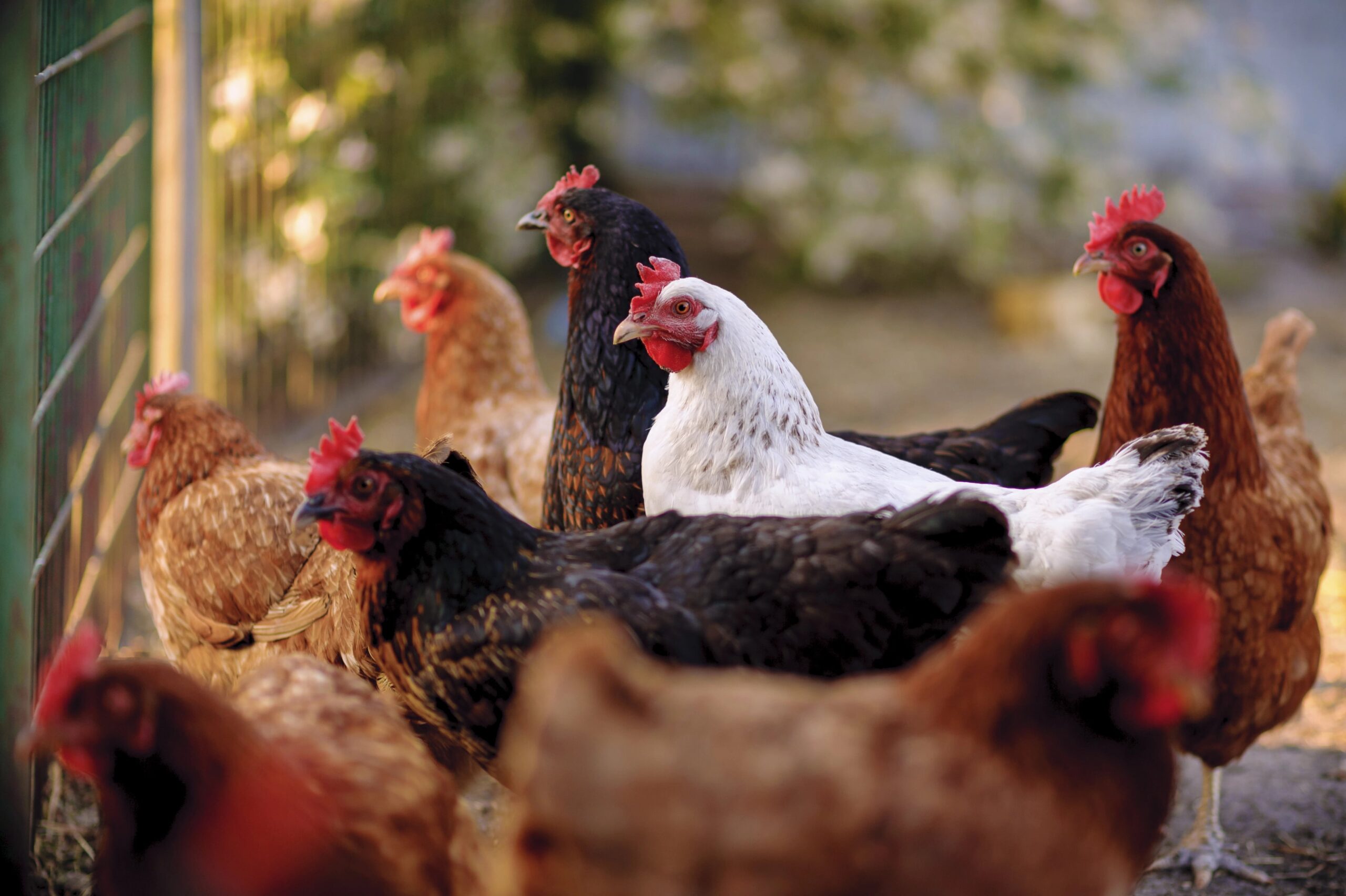The highly pathogenic H5N1 virus, also known as avian flu or bird flu, continues to sweep through poultry farms in the United States. While consumers are rightfully concerned about real-time consequences of the outbreak — soaring egg prices, for example — researchers are more concerned with what comes next: evolving H5N1 genotypes and emerging virus subtypes, each of which may constitute a “new bird flu.”
Case in point: the H7N9 bird flu, a strain that appears to be re-emerging after a period of dormancy. In March, animal health officials detected a highly pathogenic strain of H7N9 bird flu on a poultry farm in Mississippi, sparking concerns that the virus is evolving to more readily infect animals and humans. Read on for more information about the current state of the H7N9 bird flu.
Scientists Brace for Return of H7N9 Bird Flu Strain
H5N1 is considered a type of highly pathogenic avian influenza (HPAI). However, it isn’t the only type. Other HPAI subtypes circulate in the avian population, such as H7N9, which was first discovered in China in 2013. Like H5N1, H7N9 can spill over into humans with potentially deadly consequences. According to the World Health Organization, most reported cases of human H7N9 have resulted in severe illness, but an extremely high 39% (approximate) fatality rate has been recorded.
The last known U.S. outbreak of H7N9 among poultry occurred in 2017. Unfortunately, in early March, the viral subtype was observed on a poultry farm in Noxubee, Mississippi. The World Organization for Animal Health (WOAH) published a report on the outbreak — the first of its kind observed within the U.S. in almost a decade.
H7N9 Bird Flu Sparks Concern
According to the report issued by WOAH, H7N9 was detected in a flock of nearly 50,000 commercial broiler breeder chickens. The report noted that numerous agencies, including the USDA Animal and Plant Health Inspection Service (APHIS) and Mississippi State Animal Health and Wildlife Officials, were “conducting a comprehensive epidemiological investigation and enhanced surveillance in response to the detection.” The report also noted that the farm’s entire population of exposed chickens is being culled to reduce the risk of viral spread.
At this time, experts have not detected widespread H7N9 presence. Despite its relatively high rate of severe illness, per the World Health Organization (WHO), H7N9 also “does not appear to transmit easily from person to person, and sustained human-to-human transmission has not been reported.” This could help to alleviate fears of a new global pandemic. However, some experts still call H7N9 “a virus worth worrying about,” partly because there is very little immunity to the H7N9 virus in the general human population. In other words, humans may not have the immunity necessary to quell a widespread outbreak.
Should We Be Worried About H7N9?
WOAH’s latest avian flu situation report, released in March 2025, paints a concerning picture about the evolving avian flu situation in the USA. HPAI outbreaks are typically measured in “seasons,” or waves of infection. Per the WOAH situation report, there have already been more poultry outbreaks of HPAI strains worldwide in the first five months of the current seasonal wave, which started in October 2024, than there were total outbreaks during the entire previous season, which occurred from October 2023 to September 2024.
_____
Overall, the risk of H7N9 to humans remains relatively low. However, as more HPAI strains circulate, the virus has more opportunities to evolve, which poses an increasing risk to the global population. The fact remains that avian flu is growing significantly more prevalent, and researchers are watching the situation closely.
Did you enjoy this blog post? Check out our other blog posts as well as related topics on our Webinar page.
QPS is a GLP- and GCP-compliant contract research organization (CRO) delivering the highest grade of discovery, preclinical and clinical drug research development services. Since 1995, it has grown from a tiny bioanalysis shop to a full-service CRO with 1,100+ employees in the US, Europe and Asia. Today, QPS offers expanded pharmaceutical contract R&D services with special expertise in pharmacology, DMPK, toxicology, bioanalysis, translational medicine, cell therapy (including PBMCs, leukopaks and cell therapy products) and clinical development. An award-winning leader focused on bioanalytics and clinical trials, QPS is known for proven quality standards, technical expertise, a flexible approach to research, client satisfaction and turnkey laboratories and facilities. Through continual enhancements in capacities and resources, QPS stands tall in its commitment to delivering superior quality, skilled performance and trusted service to its valued customers. For more information, visit www.qps.com or email info@qps.com.








